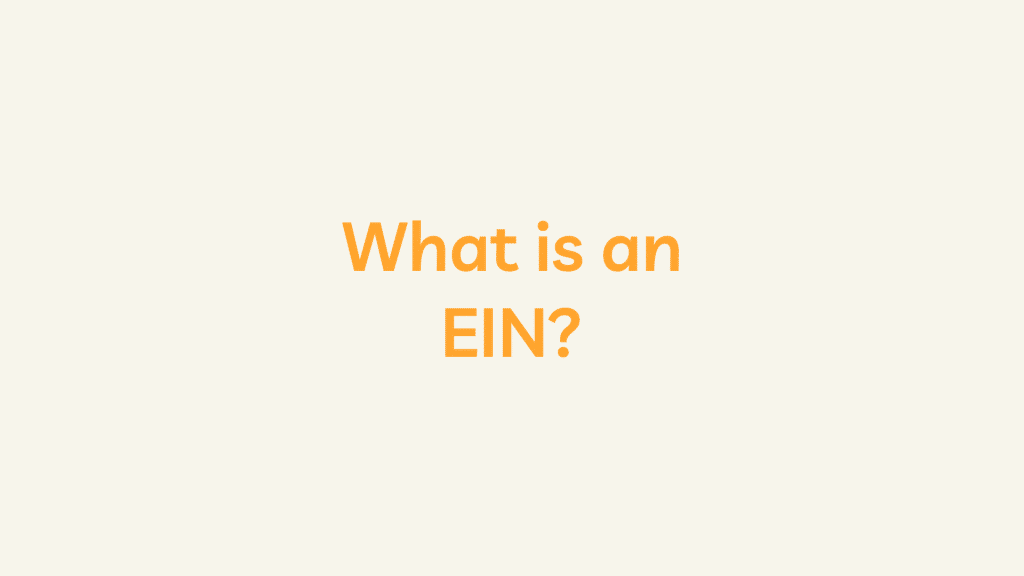An Employer Identification Number (EIN) is a unique nine-digit identifier issued by the Internal Revenue Service (IRS) for businesses and entrepreneurs in the United States. Also known as the Federal Employer Identification Number (FEIN) or Tax ID Number plays a crucial role in tax identification and reporting.
1. Purpose and Significance
The primary purpose of the EIN is to serve as a distinct identifier for tax-related activities associated with business entities.
2. Format and Alternative Names
Employer Identification Number is formatted as XX-XXXXXXX and is alternatively referred to as FEIN or Tax ID Number.
3. Applicability
Employer Identification Number is required for various business structures, including corporations, partnerships, limited liability companies (LLCs), sole proprietorships with employees, and certain non-profit organizations.
4. Utilization
Employer Identification Number is used when filing federal tax returns, opening business bank accounts, obtaining licenses and permits, and engaging in various financial transactions.
5. EIN Application Process
Businesses can obtain an EIN through an online application on the IRS website or by submitting Form SS-4 via mail or fax.
6. EIN Online Application
The online application is a secure and efficient method for obtaining an Employer Identification Number, with instant issuance upon successful completion.
7. Form SS-4
Form SS-4 is the official document used for Employer Identification Number applications, collecting information about the business structure, purpose, and the responsible party.
8. Responsible Party
The individual or entity responsible for the business is identified in the application as the responsible party.
9. EIN Processing Timeline
Online applications are processed immediately, while mailed or faxed applications may take a few weeks.
10. Free of Charge
Obtaining an Employer Identification Number is free of charge, and businesses should be cautious of unofficial services that may charge for this service.
11. Changes in EIN
EINs are generally not transferable or reusable. Significant business ownership or structure changes may necessitate a new Employer Identification Number.
12. Non-Profit Organizations
Non-profit organizations require an Employer Identification Number for tax-exempt status and reporting purposes.
13. Protection of EIN
Businesses should safeguard their Employer Identification Number as it contains sensitive information, and its misuse can lead to identity theft.
14. Contacting the IRS
Businesses can contact the IRS for EIN-related inquiries or if they lose or misplace their EIN.
15. International Businesses
Non-U.S. entities may also need an EIN if they have U.S. tax obligations.
Conclusion
Understanding and obtaining an EIN is crucial for businesses operating in the U.S., ensuring proper tax compliance and facilitating various financial and legal transactions. The EIN simplifies the identification and tracking of businesses, streamlining processes for both the IRS and the entities involved. Businesses are encouraged to apply for their Employer Identification Number promptly and to handle this sensitive information with care to prevent potential risks of identity theft.
